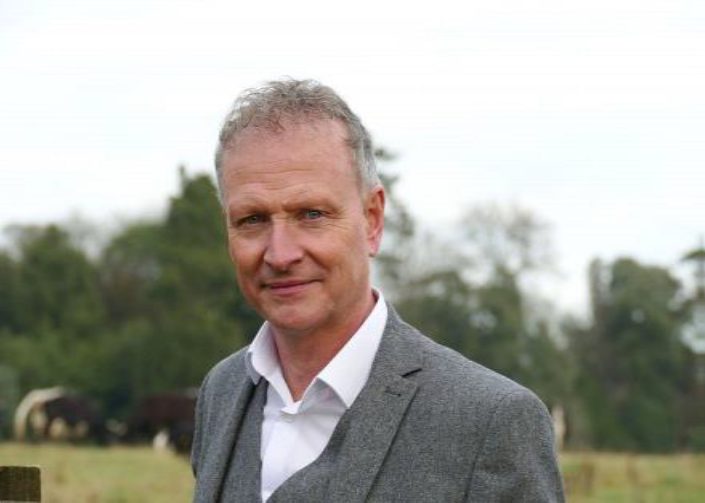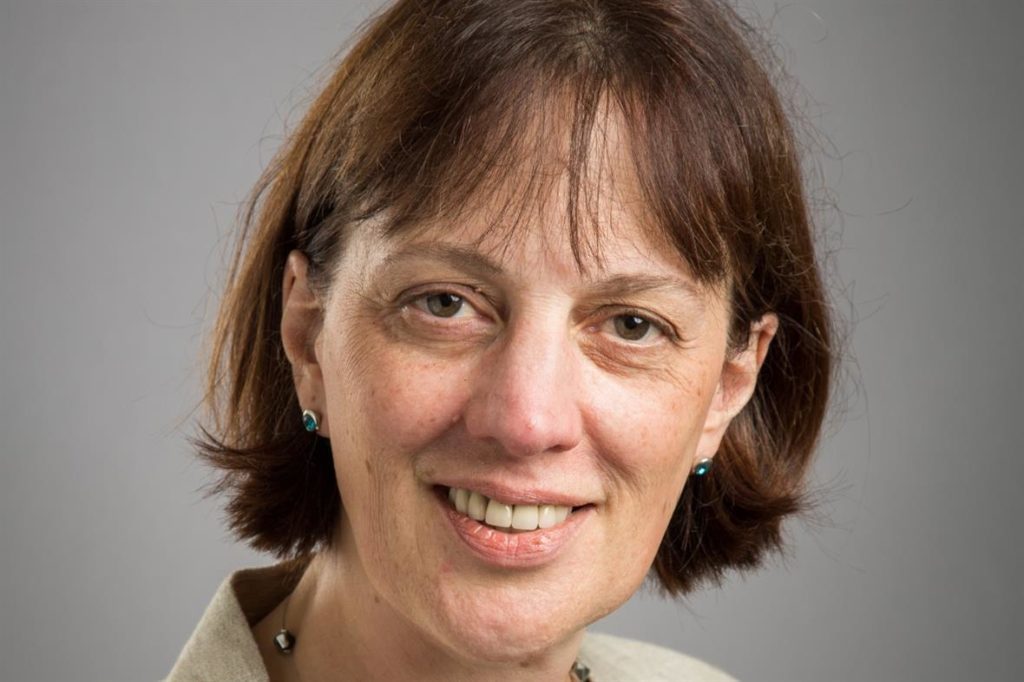
This month, it seemed only right to dedicate this blog to the so-called ‘Levelling Up Report’, which has been compiled by MP and former charity leader, Danny Kruger.
By way of background, it was Danny Kruger who was tasked by Prime Minister Boris Johnson to explore how the government can better work with and for the voluntary sector, as we move further through the pandemic. That report saw a call for ‘a more local and more human society’ and one where people would be ‘supported and empowered’ to play a vital role in their neighbourhood.
While the all important recommendations haven’t yet been directly taken up by the government as actions, those of us within the sector are certainly paying close attention to how voluntary organisations are going to be acknowledged and engaged with in the coming months.
With the context of this report in mind, I thought I’d ask three of the most significant voices in the sector to share with me – and you – how they feel about some of the specifics of the findings, and what impact they feel this will have for our Suffolk community.

To Karl Wilding, Chief Executive of NCVO:
“Karl, the concept of paying trustees to fulfil their role is an issue which often fuels debate. What do you consider to be the advantages and disadvantages of a voluntary organisation adopting this practice?”
Answer:
“If people can’t become a trustee because of loss of income, then it’s clearly an advantage, particularly if it helps recruit different people who can’t afford to become a trustee. But there’s something important about the fact boards are mostly volunteers – for public perception, but also for mission. We need to be clear what problems payment is solving – there are many problems with the charity trustee model. I’m just not sure paying people to become trustees will fix them.”
“Here in Suffolk, we’re one of many counties in the UK who’ve warmly embraced the idea of our own ‘Volunteer Passport’ initiative. How do you feel about the idea of a National Volunteer Passport? Could such a thing complement locally based scenarios?”
Karl’s Answer:
“Volunteer passports are an interesting idea with many good local examples. Any national proposal can and should build on these, rather than displace them, if for no other reason than most volunteering is inherently local. There are different ideas about how a passport could work too – so we need a debate about what’s worked at local level, and how a national passport can add value to what’s often successfully working in different places.”

To Richard Quallington, Executive Director, ACRE:
“Richard, the report placed a spotlight on the idea of creating community hubs. Here in Suffolk, we have fine examples of this proving successful – from family hubs to library hubs. However, these are mainly situated in urban areas and towns. Given ACRE supports the work of around 11,000 village halls via its membership, what do you feel the government could do to better support these valuable assets and consider them as vital community hubs?”
Answer:
“Almost everything at the moment seems to have the term ‘hub’ placed after it, whereas we might previously have been talking about ‘co-location’ of services. It is important to understand the difference between a multi-purpose Village Hall in a small community and a public sector ‘hub’ where a variety of closely related public services are co-located within a larger settlement. The first is owned and managed by a village community as a shared resource for everyone who lives there, the second brings together closely related public services in the hope of delivering them more efficiently and more effectively. We need to avoid confusing the two! Perhaps those who operate services out of an urban ‘hub’, and intend their services to reach a rural area around it, could come to think of Village Halls as their spokes. They should invest in them, and in the community groups that operate from them, accordingly. After all, a hub with no spokes is not a lot of use to anyone!”
“How do you think a new Community Power Act would enable rural communities in counties like Suffolk to address rural inequalities? How would it play a role in the more effective shaping and accessing of services that are needed, and to which people already have access?”
Answer:
“Whilst welcoming the sentiments in the report, the exact way such an Act would be framed is less clear. The obligations appear to be mainly upon Government Departments to have greater respect for the ‘genius loci’, the wisdom of place. Urban communities can be economically served by both commercial and public bodies. The first because there is a big enough market to achieve commercial viability; the second because the unit cost to serve a denser population is lower and makes the public purse stretch further. Rural people either pick up the cost of accessing urban based service or provide their own. By providing for themselves, rural communities contribute an additional source of subsidy through their voluntary effort to fill the gaps that are left eg. a community transport scheme or a volunteer run library in the Village Hall. So, would the proposed Act make much practical difference in rural communities?”

To Jane Ide, Chief Executive, NAVCA:
“Jane, the report recommended a modernised version of the local Council for Voluntary Service. What more do you think we, as the NAVCA Network, should be doing to demonstrate our effectiveness in support of local VCSE organisations? We feel in Suffolk that our merger back in
2013 shows a fine example of what can be achieved for a particular region and its needs?”
Answer:
“We know that local VCSE organisations, and the communities they serve, really benefit
from having a professional, effective and resilient local infrastructure organisation like
Community Action Suffolk.
The big challenge is that so much of what local infrastructure does on a day-to-day basis goes unnoticed, undervalued and so often unappreciated. Too often at NAVCA we’ve seen that people only really recognise the value of local infrastructure when it’s gone, and we also see the challenges of out-of-date perceptions of what local infrastructure does and how well it does it, that get in the way of funding decisions and relationships of influence.
So a key strategic priority for NAVCA is to keep demonstrating the quality and impact of local infrastructure, and that means using the twin pillars of evidence and stories. Evidence of impact, of the difference that is made every single day (it doesn’t have to be some ‘bright shiny’ new programme!), and stories of the difference it makes to people’s lives within the community. We’ve focused on that for several years now, and we know that it is having an effect – we need to keep doing it, day in, day out, with determination and consistency, nationally and across our whole network.”
“The NAVCA network of CVS organisations already supports Social Action and
strong social infrastructure. How do you feel we should be looking to further adapt
and evolve, in order to achieve the ambitions set out in the report?”
Answer:
“The report has a range of recommendations for the Government; some of which we’d support, others we’d be more cautious about.
And while we welcome the focus given to local infrastructure and the need for funding, I would say that the network has its own ambitions and deep knowledge of what communities need in order to thrive, now and in the future.
I think each local infrastructure organisation has to decide for itself, based on local context and local need, how it can adapt itself to deliver the outcomes that are right for its community. When I arrived at NAVCA I quickly adopted the view that glorious diversity is a strength of the network, and the last thing we would want is a ‘one size fits all’ approach.
The common thread though has to be the willingness and ability to adapt; to be fleet of foot and responsive, not in a negative way (even though I know so many of our members feel they’ve had no choice over the years but to change their operating model on an almost annual basis as funding streams have changed or expectations of commissioners have moved on), but as a core strength of the network in response to the changing needs of communities. And above all, to maintain that complete focus on the work that needs to be done, the benefits that flow from that work, for the people we are all here to support.”
Finally, having read the responses from Karl, Richard and Jane, I’d really value the thoughts of those of you who are living and breathing the world of voluntary sector management in Suffolk on a daily basis.
Perhaps you also have specific views on Danny Kruger’s report.
Please do share with me, as it will help us ensure we continue to shape our organisation in a way which best supports you.
You can email me directly, on [email protected]
